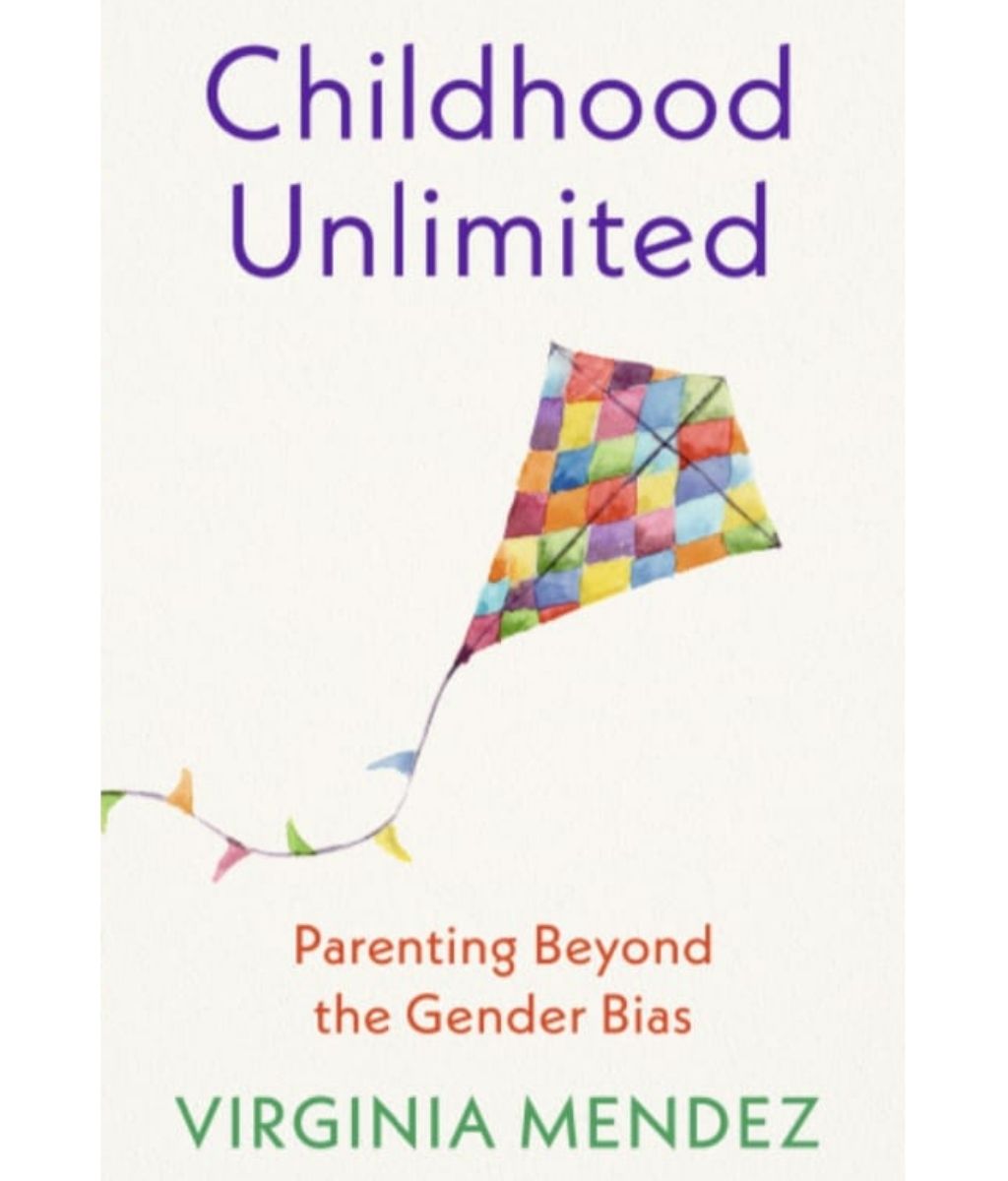Living together is not always easy. Adulting, in general, is not always fun, but when in a couple (and even more so if there are kids or other dependants) some of the chores multiply. It also multiplies the workforce, one should be thinking, but it doesn't always feel like it.
There are things that you can do to analyse your situation in terms of satisfaction with the shared workload. Small things that, done with your partner, can help to make sure that you two are aligned and that you are both happy about how that split looks like in your home.
Apart from our quiz, we have designed some easy activities to start conversations and give some guidance. Remember that the point is just to be constructive and make sure you both are as satisfied as possible.
EXERCISE 1
Each of you split a paper into 3 columns. The first column is for the things that you are solely responsible for in your house, where the other person has no involvement. In the second column do the same but for your partner, the chores that they do with all the responsibility - taking no involvement from you. In the third one put the shared chores, you can add a percentage or comments about each of your involvement if you think it is relevant for clarity. Remember that budgeting, planning, and organising doctor's appointments are also 'chores'.

Once you are both finished, compare the results and have a talk about it. Are they very similar? What are the differences? Probably each of you had a smaller perception of the other one's tasks because it is very easy to not realise and feel that those things get magically done. It is a great exercise for mutual appreciation. It will probably also cause some debates about percentages or division, but that is healthy too!
After the conversations around it and when you arrive at a certain agreement, why not write a third paper, with the same columns, and mutually agree on tasks divisions, so everyone knows where they stand from now on.
EXERCISE 2
Write down the things that you really like about your household dynamic. What is it that you are proud of. And then think about how you got to that result. Did it happen naturally? Did you have to talk about it? What is it that you both get out of it? How can you replicate that to the things that are not as easy or in which you are not equally satisfied?
Chris puts the kids in bed at night while I clean the kitchen from the dinner and do some housework, so by the time he is down everything is ready and we can start our real lives (aka have a cup of tea watching some tv with strong female leads ;-)). Not every split is that easy for us.
EXERCISE 3
At the end of the day this is all a fine balance between empathy, self-care, tradition and selfishness. By working on mutual empathy and assuming our amount of selfishness it is easier to achieve fair divisions. Nobody needs to be a martyr, it is all about equality that works with both parts.
Analyse how you both split your day. How does a typical 24 hours look in each of your lives. What part of the day goes to work, to sleeping, to household, to kids/caring duties, to self-care, to hobbies... (it is easier if you calculate it taking into consideration the whole week...for example if you work 8 hours a day 5 days a week it means that you work around 25% of your day and not 33% because is divided by 7 and not 5).
Once you both have done it, compare it. What is the perception each of you has of each other, explain the differences so there is a better understanding of what is really happening during your days? Analyse together where the differences come from. Once you both agree on how the days of each really look like, apply some empathy and try to move things around so things look fair for both parts.

It is ok if one of you works more hours full time in an office, to then work fewer hours when you get home - it's just important that if your partner works part-time and spends the rest of the time looking after kids and cleaning, that it's also equally counted as work. The important thing overall is how much 'me-time' or 'we-time' there is at the end for each.
There are very interesting ideas, not only for your partnership, but for the whole family in this article about dividing housework for happiness
---
We can never have too much awareness or too much care into a relationship. We hope these exercises start some conversations and serve as an opportunity to see what is actually working, and to find a way to create more of it.
Let us know at hello@thefeministshop.com or on Social Media how you found these or if you have any further suggestions of things that have worked for you. We would love to keep updating this post to keep it as useful as possible.











0 comments